Jazzy Jazz Jazz
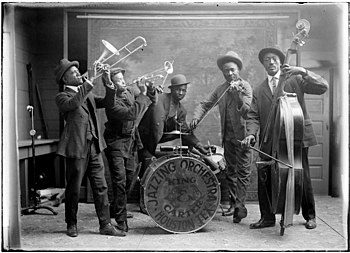
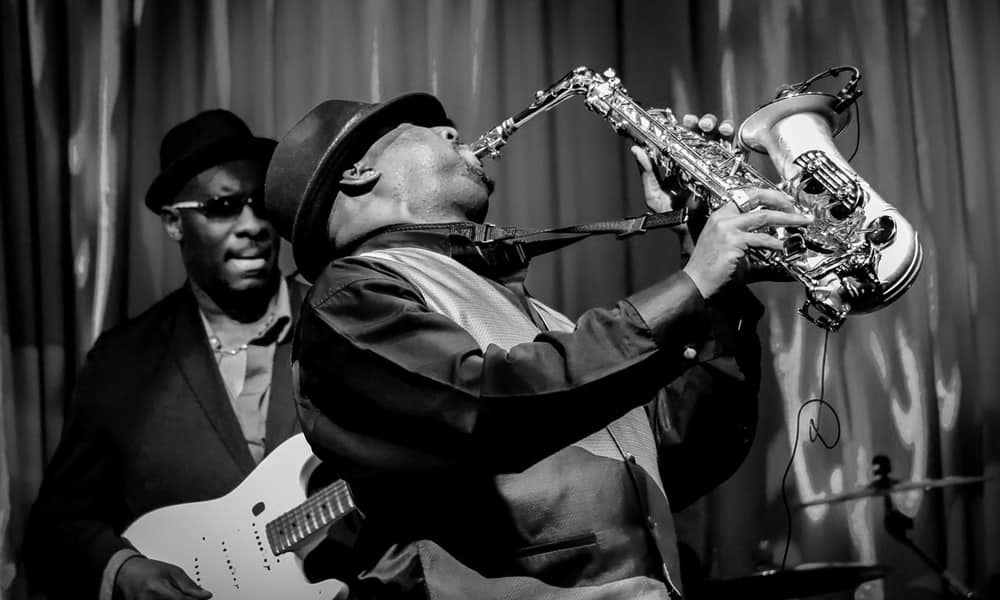
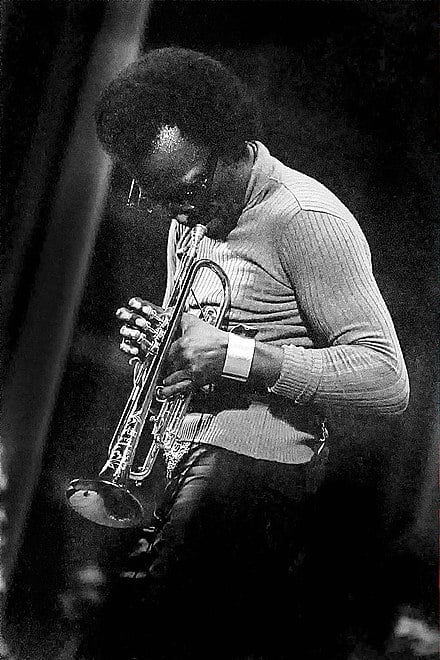
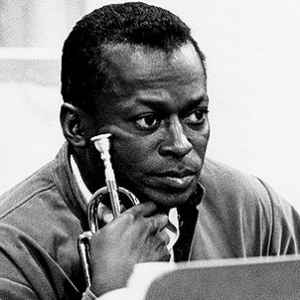
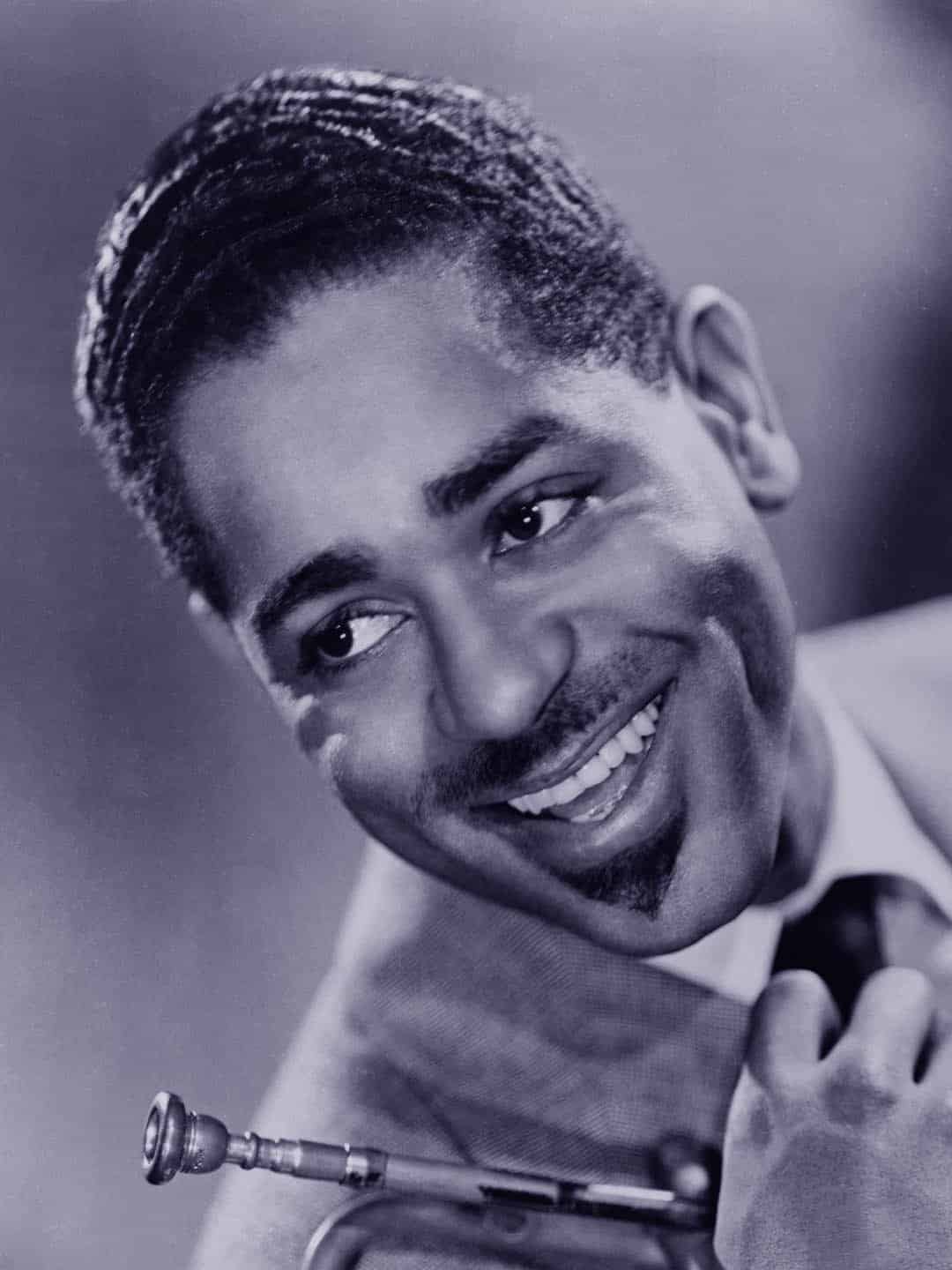
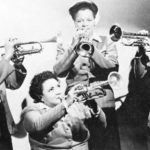
Like many other genres, jazz was birthed from the African American community and in result, lead to the influence of other variations of the genre including free jazz, modal jazz, bebop and traditional jazz.
Free jazz is an approach to jazz that embodies the improvisation of instruments and sound to the artist’s discretion. It was birthed in the late 1950’s but reaches its peak in the ‘60s, staying popular throughout the remaining peak of the genre’s time.
Free jazz was very well known and popular amongst musicians because of its absence of predetermined chord progressions, melodic structures, and composition as a whole as they fell in love with the nature of changing keys as they played. Many musicians explored microtones, overtones, multiphonics and tone clusters through this variation of jazz. Solo pieces were and still are often fluid as well as the roles of those that sometimes accompany them.
Notable artist include Ornette Coleman, John Coltrane, Eric Dolphy, and Cecil Taylor all in who which were said to contribute to the development of Jazz. Ornette Coleman, more specifically is identified as a primary pioneer of the genre as his album “Free Jazz” is said to have named the variation. Coleman efficiently lead small groups in the late 1950’s, who in which are remembered for helping to create a sound for free jazz.Archie Shepp is also very notable in the genre for his ways in which he brought an afrocentric approach to jazz music. He was a teacher, composer, saxophonist, and a listed musician for pioneering free jazz.

